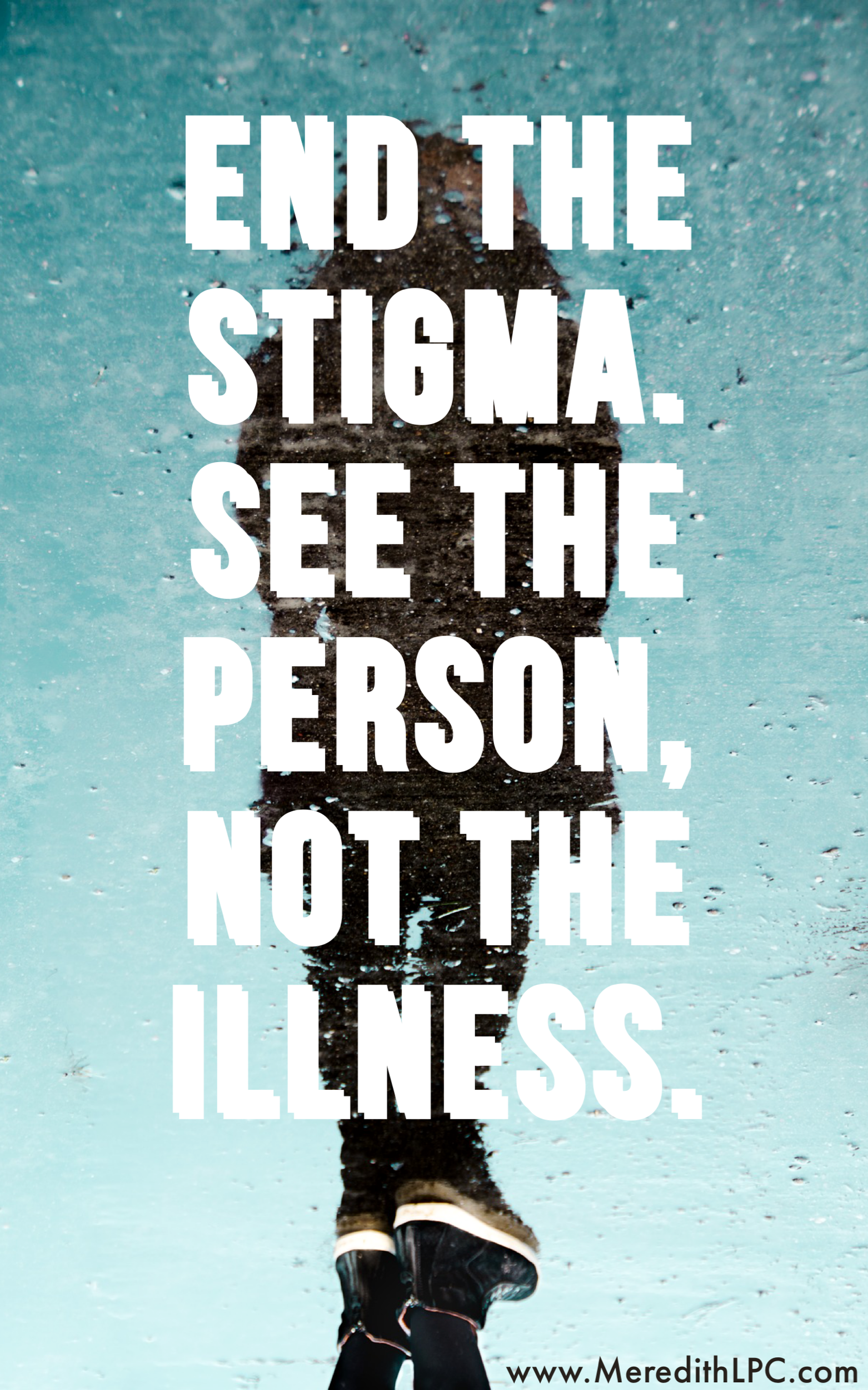7 Harmful Mental Health Phrases to Avoid
7 Harmful Mental Health Phrases to Avoid
Most of us know that stigma around mental health is still a major issue. This stigma can prevent people from seeking the help and support they need. That’s why the language we use about mental health is so important—we may be reinforcing stigma without even realizing it. Read on to learn about seven common phrases that can be harmful, and what you can say instead.
1. “She’s so crazy.”
Labeling someone as “crazy” is a form of mental health stigma. This kind of language contributes to the stereotype that people with mental illness are irrational or unstable. As a result, people may avoid therapy or hesitate to open up about their mental health out of fear of being judged or labeled.
2. “He tried to commit suicide.”
Using the word “commit” in reference to suicide can be problematic, as it’s historically associated with crimes or sins. This language can add shame to an already painful topic. More compassionate alternatives include “He died by suicide” or “He attempted suicide.”
3. “I’m OCD about organizing.”
Obsessive-Compulsive Disorder (OCD) and Obsessive-Compulsive Personality Disorder (OCPD) are serious mental health conditions that can deeply affect a person’s life. Using “OCD” casually to describe neatness or personal quirks not only minimizes these struggles but also spreads misinformation. In fact, most people who say this phrase aren’t accurately describing the disorder at all.
4. “You are so bipolar.”
Using “bipolar” as a way to describe someone’s mood swings or behavior is not only inaccurate—it’s harmful. Bipolar disorder is a clinical diagnosis that involves distinct episodes of mania and depression. Casual misuse of the term reinforces stigma and contributes to confusion about what the disorder actually entails.
5. “She’s an anorexic/schizophrenic/etc.”
A person is not their diagnosis. Saying things like “She’s an anorexic” or “He’s a schizophrenic” reduces an individual to their mental illness. A more respectful and person-centered way to speak is to say “She has anorexia” or “He has schizophrenia.”
6. “That made me want to kill myself.”
Jokes or flippant comments about suicide are never appropriate. Even if not intended to cause harm, this kind of language can be extremely triggering to someone who is struggling with suicidal thoughts. It's important to be mindful and sensitive when talking about mental health, especially in casual conversation.
7. “Don’t forget to take your happy pills.”
Referring to antidepressants as “happy pills” is misleading and stigmatizing. Antidepressants are medical treatments designed to reduce symptoms of depression and other mental health conditions—they don’t create happiness or artificially boost mood. This phrase contributes to misunderstanding of how mental health medication works and may discourage people from seeking help.
Why Mental Health Language Matters
Words have power. The way we talk about mental health can either break down stigma—or reinforce it. While not everyone will be offended by these phrases, many people are. By choosing your words more carefully, you can help create a more compassionate and supportive environment for those around you. Let’s all do our part to promote mental health awareness and encourage empathy.
#EndTheStigma



